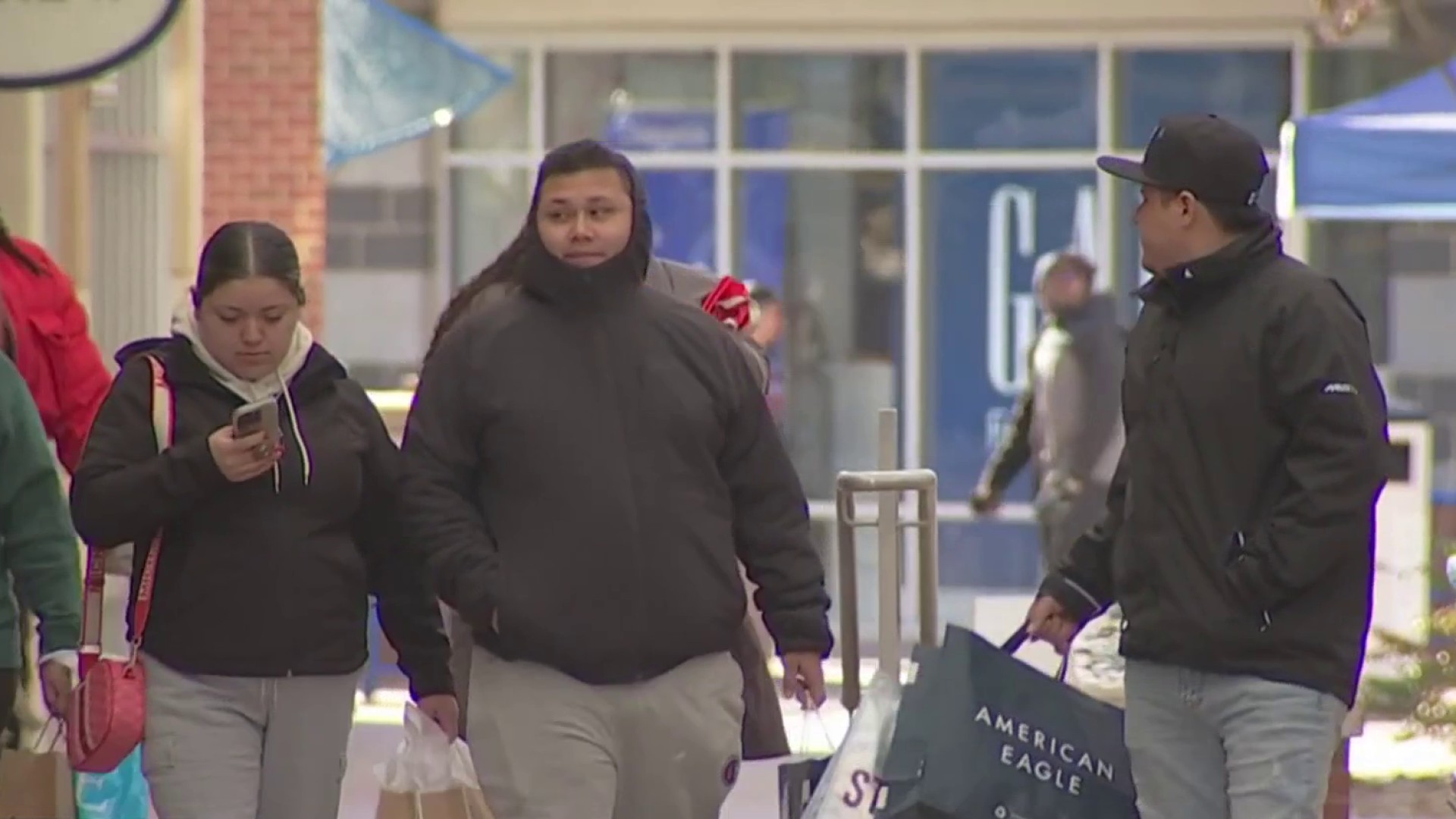Even the most optimistic Democrats didn't believe they could pick up enough seats Tuesday to achieve a majority in Virginia's House of Delegates, where Republicans enjoyed a 66-34 advantage.
Voters, though, handed Democrats a resounding victory, winning not only the three statewide offices but picking up more than a dozen seats in the House of Delegates. With a handful of races still too close to declare a winner and subject to recounts, Democrats retain a chance of gaining control of the chamber for the first time in 20 years. Here's a look at what's changed and what's to come.
___
TOO CLOSE TO CALL
Democrats have picked up at least 14 seats in the 100-member House of Delegates, with five races still close to call, according to the Associated Press. That puts Democrats at 48 seats out of 100.
A Republican has actually conceded in one of the five that remain: Richmond-area incumbent G. M. "Manoli" Loupassi trails by more than 300 votes, or nearly a full percentage point, to Democratic Challenger Dawn Adams. A victory by Adams gives Democrats 49 seats.
Democrats on Tuesday night claimed victory in a 50th race: challenger Donte Tanner held a 68-vote lead over longtime GOP incumbent Tim Hugo.
Local
Washington, D.C., Maryland and Virginia local news, events and information
But Tanner's lead evaporated Wednesday when election officials began their routine canvass of the returns. Election workers in Fairfax County added 100 votes to Hugo's total after they found one precinct had called in 254 votes for Hugo when the machine showed he actually had 354 votes. Democrats monitoring the canvass agreed that the change was proper.
That flipped Hugo's 68-vote deficit to a 32-vote lead. The canvass in Prince William County also found votes for Hugo, whose lead now exceeds 100.
Vickie Hull, a member of Hugo's campaign, was at the county government center Wednesday morning observing the canvass when they found the error that could flip the race for Hugo, and potentially control of the House of Delegates as well.
"You could tell something was happening, but you didn't know which way it would go. It was quite the moment,'' Hull said. "That's why they do a double-check.''
After canvass, once the results are certified, candidates can opt to request a recount if the margin of victory is within one percentage point. The candidate must pay for the recount if the margin is more than half of a percentage point.
Three other races remain too close to call: the 27th District, where Republican Roxann Robinson leads Democrat Larry Barnett by 124 votes; the 28th District, where Republican Bob Thomas leads Democrat Joshua Cole by 86 votes: and the 94th District, where Republican David Yancey leads Democrat Shelly Simonds by just 12 votes. All three of those races are within half of a percentage point.
In a statement Wednesday, Republican Kirk Cox sent out a press release claiming the title of "Speaker-designee'' and said the canvasses in the Hugo and Yancey races give Republicans a 51-49 majority.
"Our majority will be smaller, but our resolve and commitment to good governance based on conservative principles remains strong and unwavering,'' he said.
___
WOMEN LEAD THE WAY
Most of the Democrats who knocked off Republican incumbents are women. Ten of the 14 pickups came from female challengers, and Adams would be the 11th if her lead over Loupassi holds.
Among those women are a number of firsts for the state Legislature, including the first openly transgender delegate, Danica Roem, whose victory came against an outspoken social conservative.
Adams would be the first openly lesbian state legislator in Virginia.
Elizabeth Guzman and Hala Ayala are the first Latinas elected to the Legislature and Kathy Tran is the first Asian-American woman.
"If you look at the diversity of candidates we ran, and where we won, it's pretty impressive,'' said Charniele Herring, chair of the House Democratic Caucus.
Herring said the diversity will play out during the legislative session on issues like health care and paid family leave
"We're looking forward to making progress on these issues with a more diverse chamber,'' she said.
___
SHARING POWER?
House Democratic Caucus Leader David Toscano said that if the House ends up in an even 50-50 split, "we'll be entering somewhat uncharted territory.''
Not really. Twenty years ago the House last faced a 50-50 split, and the fallout wasn't pretty.
Democrats lost their century-old majority when an Independent opted to caucus with Republicans to create a 50-50 split.
Democrats re-elected Speaker Thomas W. Moss Jr. before three Republicans who had won special elections could be seated, and Republicans responded by pounding their desktops, shouting "Objection!'' and "Shame!'' as Moss took the oath of office.
Eventually, the parties hammered out a power-sharing agreement.
Toscano said some sort of power sharing would be required if the House ends up evenly split. But he declined to speculate on how such an agreement would take shape.
"Hopefully we get to 51 and we won't have to struggle with power sharing quite that way,'' he said.
Stephen Farnsworth, a political science professor at the University of Mary Washington, said one wonders what the architects of Virginia's Constitution were thinking when they created a legislative chamber with an even 100 seats and no obvious way to break ties for important tasks like electing a speaker.
"Over the last two decades, Richmond has gotten more and more like Washington, where partisan trench warfare is common,'' he said. "That would make a difficult political task even more so.''



